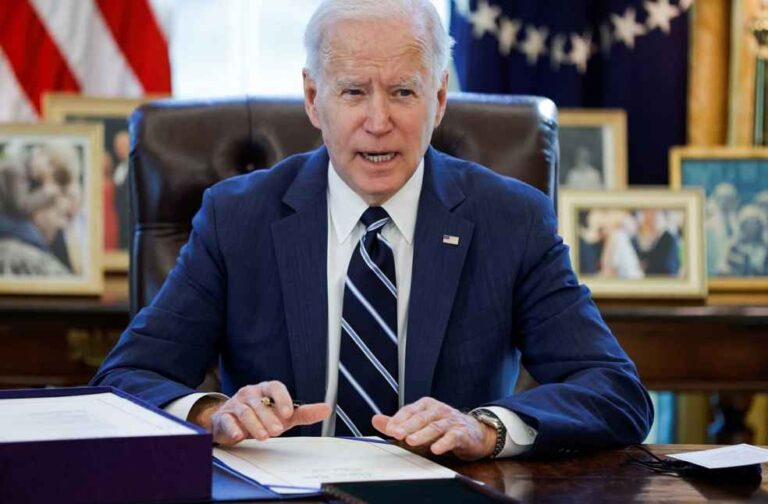The U.S. Trade Representative (USTR), Katherine Tai, recently negotiated a critical mineral supply chain agreement with Japan, which is essential for the Biden administration’s climate agenda. However, the USTR listed the agreement under a list of Free Trade Agreements (FTAs), even though it does not free or deepen any trade between the two parties. This move has raised concerns about the future stability of U.S. trade policy.
The agreement focuses on improving cooperation without altering market access, setting a dangerous precedent by allowing any agreement to be considered an FTA. This practice removes constitutional checks on the White House’s trade decisions and could negatively impact U.S. businesses’ ability to expand their markets.

The USTR’s negotiation is linked to the Biden administration’s attempts to address issues created by the Inflation Reduction Act (IRA), which offers tax credits for purchasing certain electric vehicles (EVs) but restricts these credits to vehicles assembled in North America or countries with an FTA with the United States.
To avoid conflict with close U.S. allies, the administration has been negotiating mini-deals, labeling them as FTAs to ensure they are not excluded from the U.S. market by the IRA’s provisions. The Treasury Department, in consultation with the USTR, published a notice of proposed rule-making that outlined criteria for what could qualify as an FTA. This new criteria enables the administration to circumvent congressional approval, raising concerns among lawmakers.
Senators Joe Manchin, Ron Wyden, and Richard Neal argue that the administration is attempting to implement its desired version of the IRA, rather than the one passed by Congress. They also emphasize the importance of transparency and public review in developing agreements.

Congress is now urged to clearly define the term “FTA” and request comprehensive trade negotiations with the EU and Japan. Additionally, it is recommended that the administration establish a page on the USTR website to share the text of every executive agreement on trade in effect, improving transparency in trade policymaking.
The Biden administration’s actions have raised concerns about the future stability of U.S. trade policy, as the gap in traditional trade agreements could lead to backroom deals that subvert constitutional checks and balances.
TRADE TECH: Tech’s Impact: E-commerce, AI, Blockchain Transforming Trade



